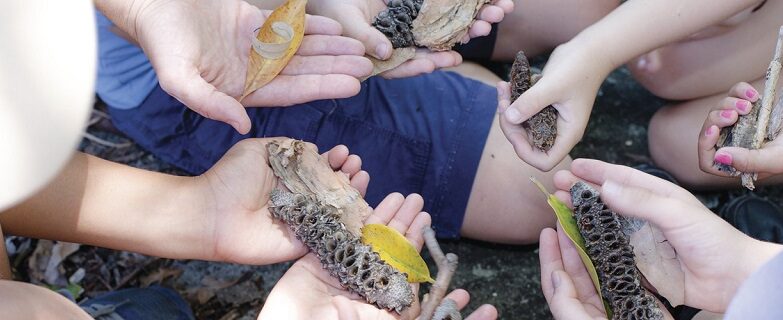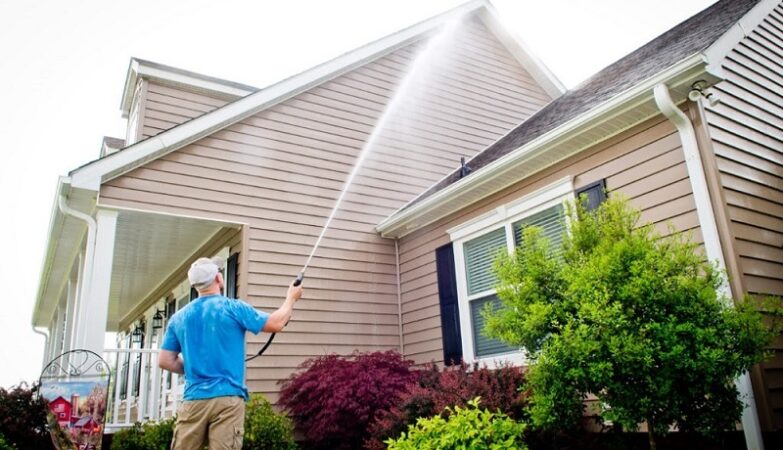So, you want to grow a thriving vegetable garden bursting with flavor and nutrients? Well, you’re in luck because I’m here to share everything you need to know about fertilizing soil for your veggies. Fertilizing is like giving your plants a delicious, nutritious meal – it helps them grow big, strong, and productive. Let’s dig in and learn how to feed your garden!
Understanding Soil Needs
Before we dive into fertilizing, it’s essential to understand what your soil needs to support healthy plant growth. Most vegetable plants require a balance of essential nutrients such as nitrogen, phosphorus, and potassium, along with trace minerals like calcium and magnesium. Soil pH also plays a crucial role in nutrient availability, with most vegetables preferring a slightly acidic soil pH between 6.0 and 7.0.
Choosing the Right Fertilizer
When it comes to fertilizers, options abound, from synthetic chemical blends to organic alternatives. Synthetic fertilizers provide a quick nutrient boost but may leach out of the soil over time and harm beneficial soil organisms. Organic fertilizers, on the other hand, release nutrients slowly and improve soil structure and fertility over the long term. Choose a fertilizer that best fits your gardening philosophy and budget.
Applying Fertilizer
Once you’ve selected your fertilizer, it’s time to apply it to your vegetable garden. Start by reading the instructions on the fertilizer package carefully, as application rates and methods may vary depending on the product. In general, it’s best to spread fertilizer evenly over the soil surface around your plants, taking care not to let it come into direct contact with stems or leaves. Water thoroughly after fertilizing to help nutrients penetrate the soil and reach plant roots.
Timing Fertilization
Timing is key when it comes to fertilizing your vegetable garden. Apply fertilizer at the right time to ensure that nutrients are available when your plants need them most. In general, it’s best to fertilize your garden before planting and again midway through the growing season to provide a continuous supply of nutrients. Avoid fertilizing late in the season, as it can promote lush growth that’s susceptible to frost damage.
Monitoring and Adjusting
Even after fertilizing, it’s essential to monitor your soil and plants regularly to ensure they’re getting the nutrients they need. Pay attention to signs of nutrient deficiencies, such as yellowing leaves or stunted growth, and adjust your fertilization practices accordingly. Soil testing kits are available at garden centers and can help you determine nutrient levels and pH, allowing you to make informed decisions about fertilizing.
FAQs (Frequently Asked Questions)
1. Can I use compost as a fertilizer for my vegetable garden?
Yes, compost is an excellent source of organic matter and nutrients for vegetable plants. Incorporate compost into your soil before planting or use it as a topdressing throughout the growing season to improve soil fertility.
2. How often should I fertilize my vegetable garden?
The frequency of fertilization depends on factors such as soil fertility, plant needs, and the type of fertilizer used. In general, aim to fertilize your garden every 4-6 weeks during the growing season, adjusting as needed based on plant performance and soil test results.
3. Is it possible to over-fertilize my vegetable garden?
Yes, over-fertilization can lead to nutrient imbalances, salt buildup in the soil, and environmental pollution. Follow fertilizer application guidelines carefully and avoid excessive use of synthetic fertilizers, which can be more prone to causing harm than organic alternatives.
4. Can I use fish emulsion as a fertilizer for my vegetable garden?
Yes, fish emulsion is a popular organic fertilizer made from fish waste and is rich in nutrients like nitrogen, phosphorus, and potassium. It’s an excellent choice for feeding hungry vegetable plants and improving soil health.
5. Are there any natural alternatives to chemical fertilizers for my vegetable garden?
Yes, several natural alternatives to chemical fertilizers can help feed your vegetable garden, including compost, manure, bone meal, and seaweed extract. These organic options provide nutrients slowly and improve soil structure and fertility over time.
Conclusion
Fertilizing soil for a vegetable garden is an essential aspect of successful gardening, providing plants with the nutrients they need to thrive and produce abundant harvests. By understanding your soil’s needs, choosing the right fertilizer, and applying it correctly, you’ll set your garden up for success. So, grab your fertilizer, roll up your sleeves, and get ready to feed your garden – your veggies will thank you for it!









